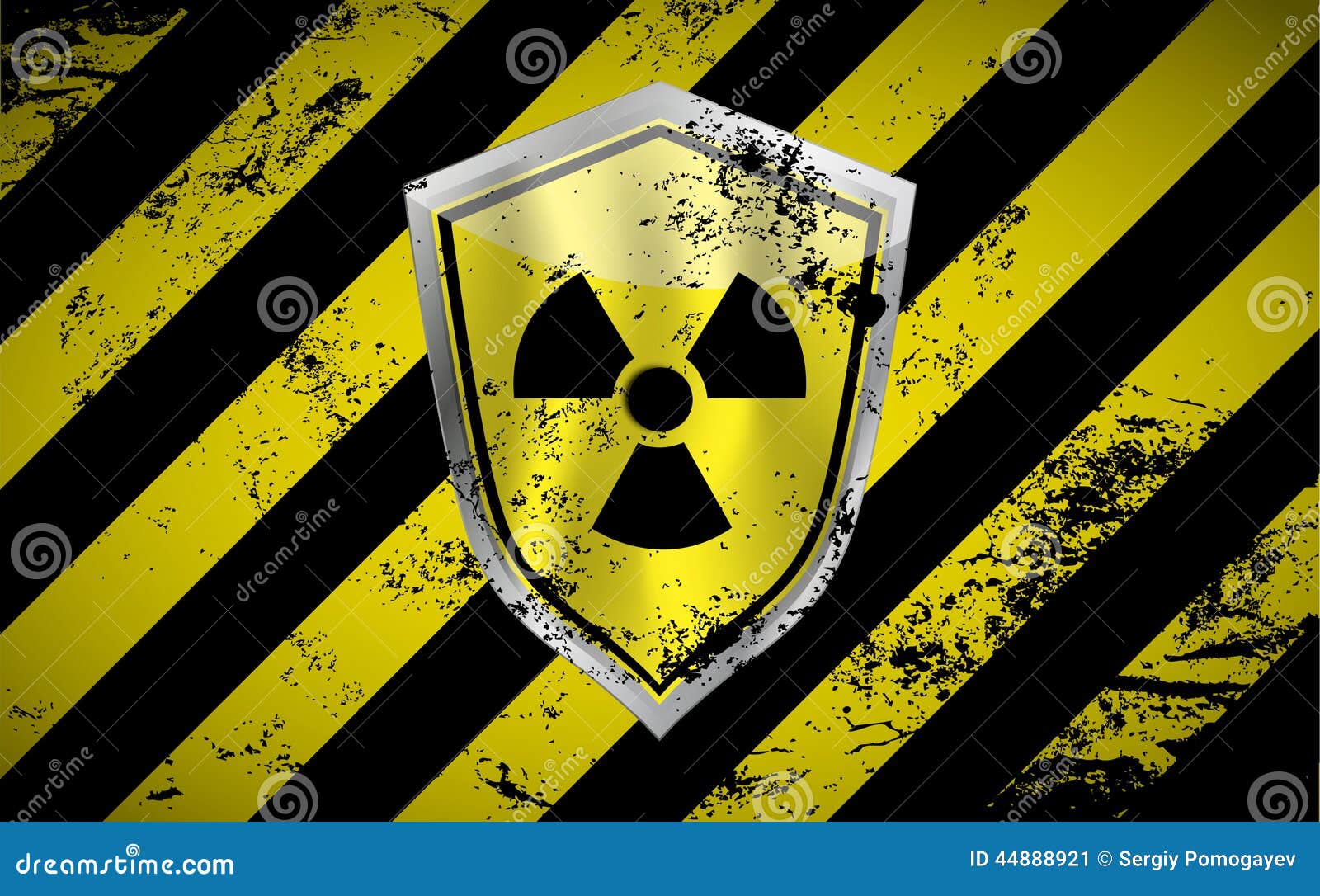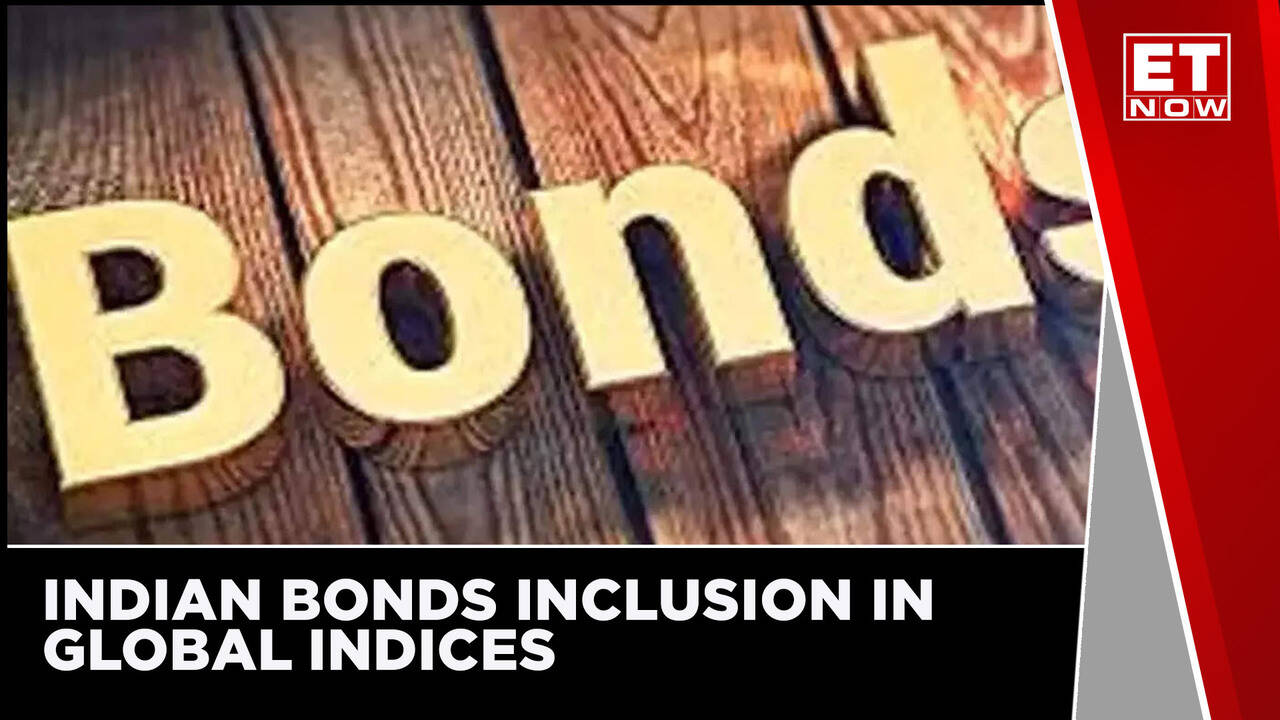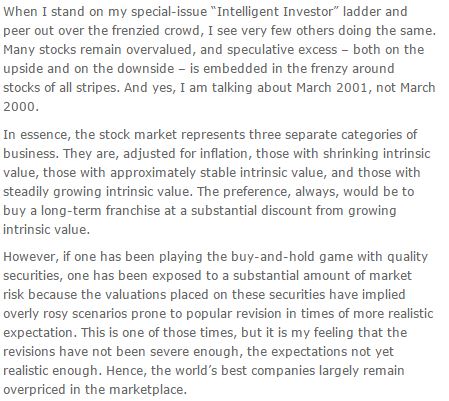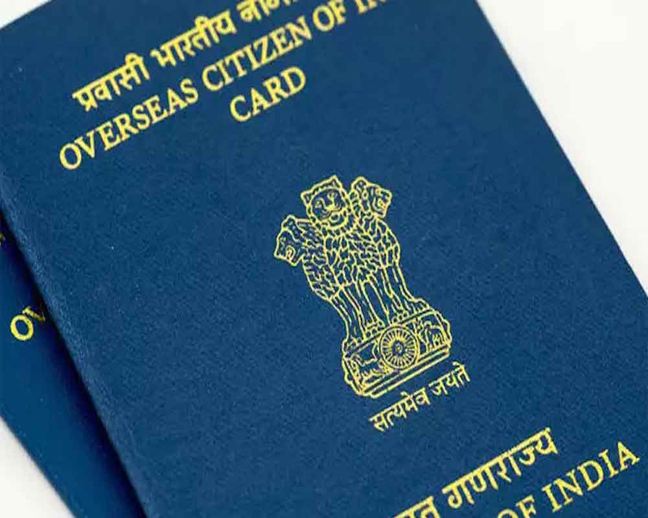Europe's Nuclear Shield: A French Minister's Perspective

Table of Contents
The Strategic Rationale Behind France's Nuclear Deterrent
France's independent nuclear force is not merely a military tool; it's a cornerstone of its national sovereignty and a vital component of Europe's security. Its existence fundamentally shapes the strategic landscape, offering a unique perspective within the broader context of European defense.
Maintaining Credibility in a Changing World
The need for a credible nuclear deterrent is paramount in a world characterized by evolving threats. Russian aggression in Ukraine, the rise of non-state actors with access to advanced weaponry, and the potential for regional conflicts all underscore the importance of maintaining a robust nuclear capability.
- Examples of threats: Russian military expansionism, the proliferation of weapons of mass destruction, cyber warfare targeting critical infrastructure, and the threat posed by terrorist organizations.
- The importance of independent defense: A reliance solely on external security guarantees can be vulnerable to political shifts and changing alliances. An independent nuclear deterrent ensures national security and strategic autonomy.
- Challenges to deterrence theory: The increasing sophistication of weapons systems, the potential for miscalculation, and the ethical implications of possessing nuclear weapons all pose ongoing challenges to deterrence theory.
The Deterrence Effect on Potential Aggressors
France's nuclear arsenal significantly influences the calculus of potential adversaries. The credible threat of retaliation acts as a powerful deterrent against large-scale aggression.
- Case studies of deterrence in action: The Cold War and the avoidance of direct conflict between major powers serves as a historical example, though the context is significantly different today.
- The role of nuclear ambiguity: Maintaining a degree of ambiguity surrounding the precise circumstances under which France would use its nuclear weapons enhances its deterrent effect.
- Limitations of nuclear deterrence: Nuclear deterrence is not a foolproof guarantee of security. It does not protect against all threats, particularly asymmetric warfare or non-state actors.
Nuclear Sharing and European Security
The concept of nuclear sharing, where some nations rely on another's nuclear arsenal for their security, is a complex issue. While NATO's nuclear umbrella offers a degree of collective security, France maintains its independent nuclear force.
- NATO's nuclear umbrella: While providing a level of protection, it does not eliminate the need for independent defense capabilities in the eyes of France.
- Pros and cons of nuclear sharing: Sharing potentially increases the collective security but may also decrease national control and increase the risk of escalation.
- The French position on independent nuclear force: France emphasizes the importance of its independent deterrent as a guarantee of its national security and its contribution to European stability.
Modernization of France's Nuclear Arsenal and its Implications for Europe
Maintaining a credible nuclear deterrent requires continuous modernization. France's ongoing program reflects this commitment, but it also raises important questions about cost, arms control, and environmental impact.
The Ongoing Nuclear Force Modernization Program
France is undertaking a significant modernization of its nuclear forces, investing billions of euros in new weapons systems and infrastructure.
- New weapons systems: The program includes the development and deployment of new submarine-launched ballistic missiles (SLBMs) and other advanced technologies.
- Budget allocation: Substantial resources are allocated annually to ensure the long-term viability and effectiveness of the nuclear deterrent.
- Technological advancements: The modernization program incorporates the latest advancements in nuclear technology, aiming for increased reliability and reduced risk.
Balancing Modernization with Arms Control
Modernizing nuclear forces must be balanced against the need to uphold international arms control agreements and treaties.
- Compliance with existing treaties: France is committed to complying with relevant international treaties and agreements limiting the production and spread of nuclear weapons.
- Future arms control negotiations: France actively participates in international negotiations to strengthen existing arms control regimes and prevent nuclear proliferation.
- Potential impact on nuclear proliferation: The modernization of nuclear arsenals by major powers could potentially trigger a renewed arms race if not managed carefully.
The Environmental Impact of Nuclear Weapons
The environmental consequences of nuclear weapons production, use, and disposal must be carefully considered.
- Waste disposal: The safe and secure disposal of nuclear waste presents a significant environmental challenge.
- Risk of accidents: The potential for accidents during the production, transport, or storage of nuclear materials raises serious environmental and health concerns.
- International environmental regulations: France adheres to international regulations designed to mitigate the environmental impact of nuclear activities.
The Future of Europe's Nuclear Shield and its Role in Collective Defence
The future of Europe's security architecture, and the role of nuclear deterrence within it, will continue to evolve. This section explores potential challenges and outlines a hypothetical French Minister's vision.
France's Role in European Security Cooperation
France plays an active role in coordinating security and defense policies with other European nations.
- EU defense initiatives: France actively participates in efforts to enhance European defense cooperation and integration.
- Bilateral partnerships: France maintains strong bilateral security partnerships with numerous European countries.
- NATO cooperation: France remains a committed member of NATO, contributing to collective defense efforts.
Challenges and Uncertainties in the Future of European Nuclear Deterrence
Maintaining a credible nuclear shield faces several significant challenges.
- Budgetary pressures: The significant costs of maintaining and modernizing nuclear arsenals can strain national budgets.
- Technological advancements: Rapid technological changes in weaponry and other strategic domains necessitate continuous adaptation.
- Changing international relations: Shifts in the global geopolitical landscape require constant reassessment of security strategies and alliances.
The Minister's Vision for the Future of Europe's Nuclear Shield
A hypothetical French Minister would likely envision a future where Europe's nuclear shield is:
- Future strategic alliances: Strengthened partnerships with like-minded nations, fostering a collaborative approach to security.
- Technological adaptation: Ongoing investment in research and development to ensure the continued effectiveness of its deterrent.
- Emphasis on dialogue and cooperation: A commitment to diplomatic efforts to de-escalate tensions and prevent nuclear proliferation.
Conclusion
This article has examined the crucial role of France's nuclear deterrent as a component of Europe's nuclear shield, exploring its strategic rationale, modernization efforts, and future prospects from a hypothetical French Minister’s perspective. Maintaining a credible and effective nuclear deterrent remains paramount for ensuring the security of Europe in an increasingly complex and uncertain world. Further discussion and international cooperation are essential to address the challenges and uncertainties surrounding Europe's nuclear shield and its role in collective defense. To understand the ongoing debate and its complexities, further research into the nuances of Europe's nuclear shield and the related geopolitical landscape is strongly encouraged.

Featured Posts
-
 Epstein Records Concealment Allegations Senate Democrats Target Pam Bondi
May 09, 2025
Epstein Records Concealment Allegations Senate Democrats Target Pam Bondi
May 09, 2025 -
 Bitcoin Seoul 2025 The Future Of Cryptocurrency In Asia
May 09, 2025
Bitcoin Seoul 2025 The Future Of Cryptocurrency In Asia
May 09, 2025 -
 Sensex Soars 1 400 Points Nifty Above 23 800 Top 5 Reasons For Todays Market Surge
May 09, 2025
Sensex Soars 1 400 Points Nifty Above 23 800 Top 5 Reasons For Todays Market Surge
May 09, 2025 -
 Proposed Changes To Bond Forward Regulations For Indian Insurers
May 09, 2025
Proposed Changes To Bond Forward Regulations For Indian Insurers
May 09, 2025 -
 Is A Canadian Billionaire The Next Warren Buffett Examining The Berkshire Hathaway Succession
May 09, 2025
Is A Canadian Billionaire The Next Warren Buffett Examining The Berkshire Hathaway Succession
May 09, 2025
Latest Posts
-
 Stock Market Valuation Concerns Bof A Offers Reassurance To Investors
May 10, 2025
Stock Market Valuation Concerns Bof A Offers Reassurance To Investors
May 10, 2025 -
 Relaxed Regulations Urged Indian Insurers And Bond Forward Contracts
May 10, 2025
Relaxed Regulations Urged Indian Insurers And Bond Forward Contracts
May 10, 2025 -
 Understanding High Stock Market Valuations Bof As Viewpoint
May 10, 2025
Understanding High Stock Market Valuations Bof As Viewpoint
May 10, 2025 -
 Bond Forward Market Indian Insurers Advocate For Simplified Rules
May 10, 2025
Bond Forward Market Indian Insurers Advocate For Simplified Rules
May 10, 2025 -
 Whats App Spyware Litigation Metas 168 Million Loss And The Path Forward
May 10, 2025
Whats App Spyware Litigation Metas 168 Million Loss And The Path Forward
May 10, 2025
